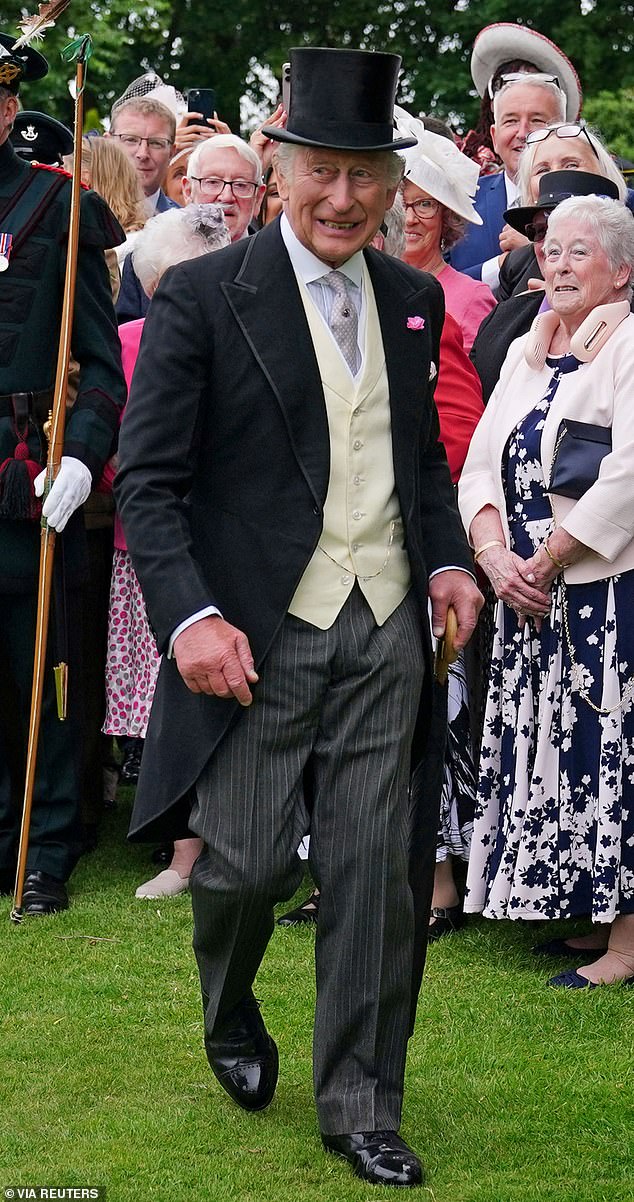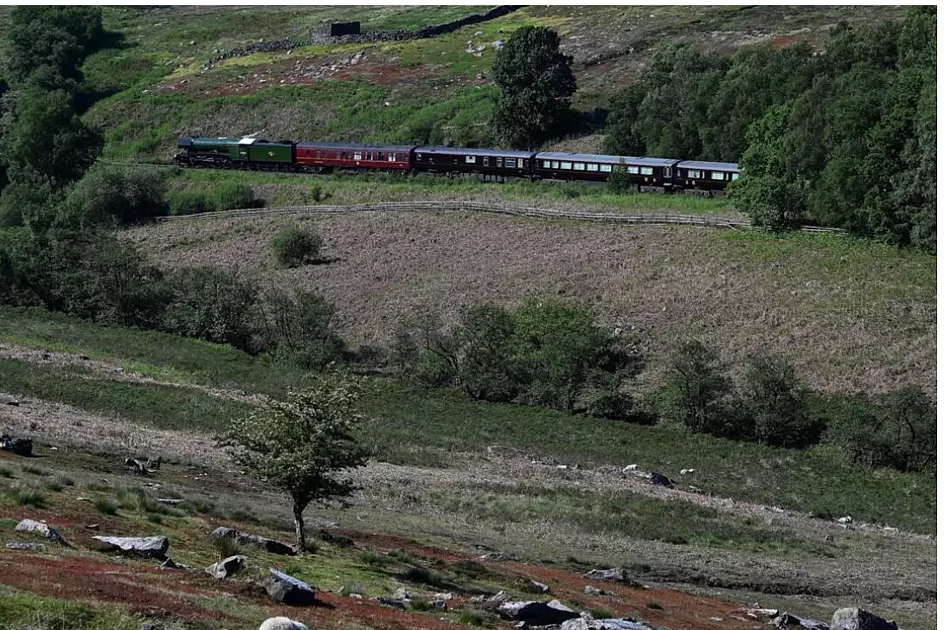2025 Spring Shines Brightest in UK History, Met Office Reports

The United Kingdom has witnessed its sunniest spring on record in 2025, with the Met Office reporting an unprecedented 630 hours of sunshine between March 1 and May 27. This figure surpasses the previous record of 626 hours set in 2020, marking a significant milestone in the country's meteorological history. With data collection beginning in 1910, this year's achievement highlights a notable trend towards brighter springs, with seven of the top ten sunniest springs occurring since the year 2000.
Emily Carlisle, a scientist at the Met Office, remarked on the exceptional nature of this spring, noting that while 2020 was remembered for its sunny days, 2025 has now taken the lead. Despite the record-breaking sunshine, Carlisle cautioned that with a few days remaining in the season and unpredictable weather on the horizon, it's premature to conclude how other seasonal records might be affected. The Met Office is set to release further details on rainfall and other meteorological statistics later this week.
The trend of increasingly sunny springs in the UK aligns with broader climate change patterns, where extreme and fluctuating weather events are becoming more common. Last year's spring, in stark contrast, was one of the dullest on record with only 377 hours of sunshine. This year's record not only reflects the variability of the UK's weather but also underscores the ongoing shifts in global climate dynamics.
As the UK basks in the glory of its sunniest spring, the implications of such weather patterns extend beyond mere records. Farmers and environmental agencies are closely monitoring the situation, especially after reports of the driest start to spring in 69 years raised concerns over potential droughts and crop impacts. With the Environment Agency already convening its national drought group in response to exceptionally low reservoir levels, the record-breaking sunshine of 2025 serves as a reminder of the delicate balance between enjoying the weather and addressing the challenges it may bring.




